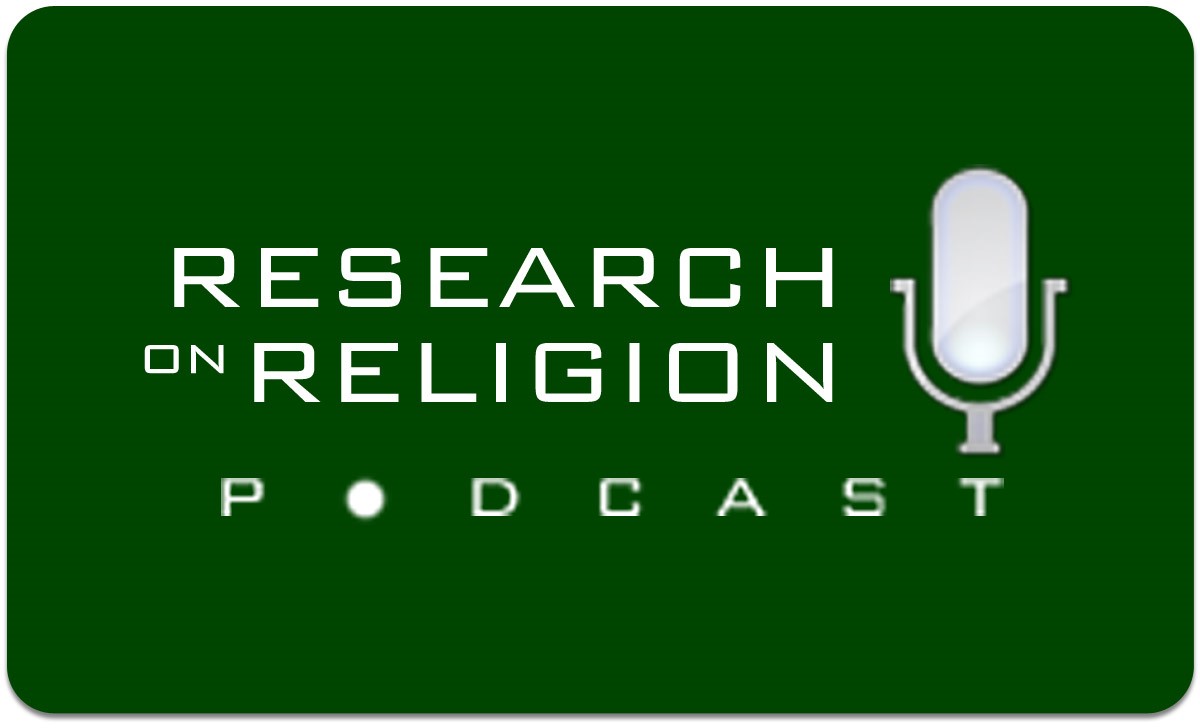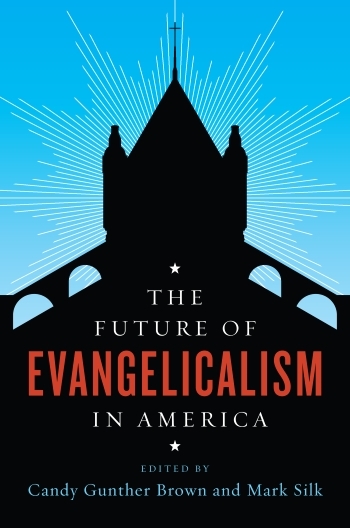Findings & Footnotes September 2016
- The Research on Religion podcast, sponsored by Baylor’s Institute for Studies of Religion, recently marked its 300th episode. The podcast, founded in 2010 and hosted by Anthony Gill, a political science professor at the University of Washington, draws about 5,000 listeners to its interviews with both religion scholars and practitioners. The podcasts, which are geared to non-scholars as well as practitioners, have covered everything from the growth of cowboy churches to the relation of religion to quantum physics to a history of hymns in the U.S. In an interview with RW, Gill says that he most enjoys finding scholars off the grid and bringing their research to the public as well as interviewing “people on the ground,” who are living out their faiths in interesting and compelling ways. The podcasts have also found their way on to university syllabi in places such as Duke University and Michigan State University. To listen to these podcasts, visit: http://www.researchonreligion.org/

- The summer issue of Sunstone, an independent Mormon magazine, might suggest that the Mormon history of polygamy (still in the living memory of older members) has had the unintended effect of making a segment of Mormons—at least on an unofficial basis—more open to alternative family and sexual arrangements. The issue starts with interesting historical accounts of polygamous Mormons (before the LDS church outlawed the practice) and continues with sketches of the “fundamentalist” Mormon groups that still practice polygamy, providing up-to-date information on their situation and rivalries with other polygamous Mormon groups (which have sometimes resulted in kidnappings and assassinations). Then the articles move on to include defenses of legalizing polygamy by LDS members as well as discussions by former fundamentalist and mainstream Mormons of polyamory (open marriage) and “progressive polygamy,” which attempts to separate “patriarchy” from polygamy, possibly including such arrangements as polygyny (having more than one husband) and same-sex group marriages. For more information on this issue, write: Sunstone, 343 N. Third West, Salt Lake City, UT 84103-1215.

- The Future of Evangelicalism (Columbia University Press, $35), edited by Candy Gunther Brown and Mark Silk, covers a diverse range of topics—from “post-conservative” theology to recent turns in contemporary Christian music—suggesting that the evangelical community retains a basic unity while showing new divisions. The book is very good at blending history, sociology, and theology to show how many changes are more variations of central themes, such as the importance of the Bible, populism, and reflecting American therapeutic culture, rather than sharp divergences. But the contributors do highlight some changes that would rankle evangelical pioneers—the growing bond with Roman Catholics, a related interest in sacramental and contemplative forms of spirituality, and the popularity of “open theology” that questions biblical inerrancy and are sympathetic to interpretations that may challenge classic statements of faith. A chapter provides a concise history of the evangelical engagement with politics and the divide between older New Christian Right stalwarts and younger moderate evangelicals, though it doesn’t seem to have spotted a divisive yet appealing candidacy of Donald Trump among evangelicals. Other chapters cover the increasing relevance of race in evangelical churches, new “cosmopolitan” forms of evangelical philanthropy and missions, and the growth of non-denominational ministries and churches.




